Here are some tips I hope you find helpful for increasing and improving expressive (express yourself using language) and receptive (comprehension of what is being said to you) language:
- Make a list of the words and phrases your child understands (receptive) and can speak (expressive). Naturally, the receptive list will be longer than the expressive. This list provides a good foundation for improving language. Use it as a guide for focusing on the expansion of words to teach or improve. For example, when Richie has an itch, he’ll point to the itchy area and say, “itchy, itchy.” Of course, when he says this, we’ll scratch his arm, leg, head, etc. To teach Richie more words, we decided to teach him to say, “want scratch.” So when he does have an itch, we’ll get him to say “want scratch” and then we’ll scratch the itchy area. It’s important to teach our kids the value of language. Why should they try to rely on it if it doesn’t work for them?
- Take pictures of household items (table, refrigerator, television, lamp, etc.), things around your home and label them. This helps to improve picture-word association. It also helps to improve your child’s vocabulary. It was especially helpful to have taken actual pictures of our household items because it was already familiar to Richie. I also have a visual schedule and chore board for him to refer to on a daily basis.
- Create a Communication Book. If you’re using the PEC (Picture Exchange Communication) System, then you’re already giving your child an outlet to communicate. I use a variation of PECS. I made a picture book of actual pictures (Richie didn’t do well with the cartoonish looking ones). I have a section for breakfast, lunch, snacks, and dinner foods. I have a section for restaurants and their picture menu’s. I have a section of preferred activities (pictures of Richie doing his favorite things – going swimming, swinging on a swing, going to Busch Gardens, or playing with his iPad. I have a section of Richie doing his different chores (taking out the garbage, recycling, etc.). Creating this book will help your child to make choices and communicate their preferred activity, place to visit, or food to eat. Tip: Make sure the choices available are ones that can actually be fulfilled. Remember we want our children to value the power of any communication method used. If they choose to go the beach and you’re not able to take them, then this form of communication may seem ineffective to them.
- I also took pictures of things we always have in our refrigerator and pantry. I attached them to the fridge and pantry door with Velcro, this way if Richie wants a specific snack or drink, all he has to do is pull the picture and bring it to us! Once he mastered bringing us the picture of his desired snack or drink, we stepped it up by asking him to try to say the word as best as he can. He's usually pretty good at repeating the word.
- Create a Conversation Book. Often, people with autism or other developmental disabilities that interfere with communication and socialization, don’t get to engage in ordinary conversation with others. A friend who is a colleague and behavior analyst gave me the idea for this tip! A conversation book gives Richie the opportunity to share facts about himself and his interests with others. He asks to engage with others using the conversation book often. Please feel free to use this template to create your own. It's not a pdf so you can tailor it to your loved one's interests.

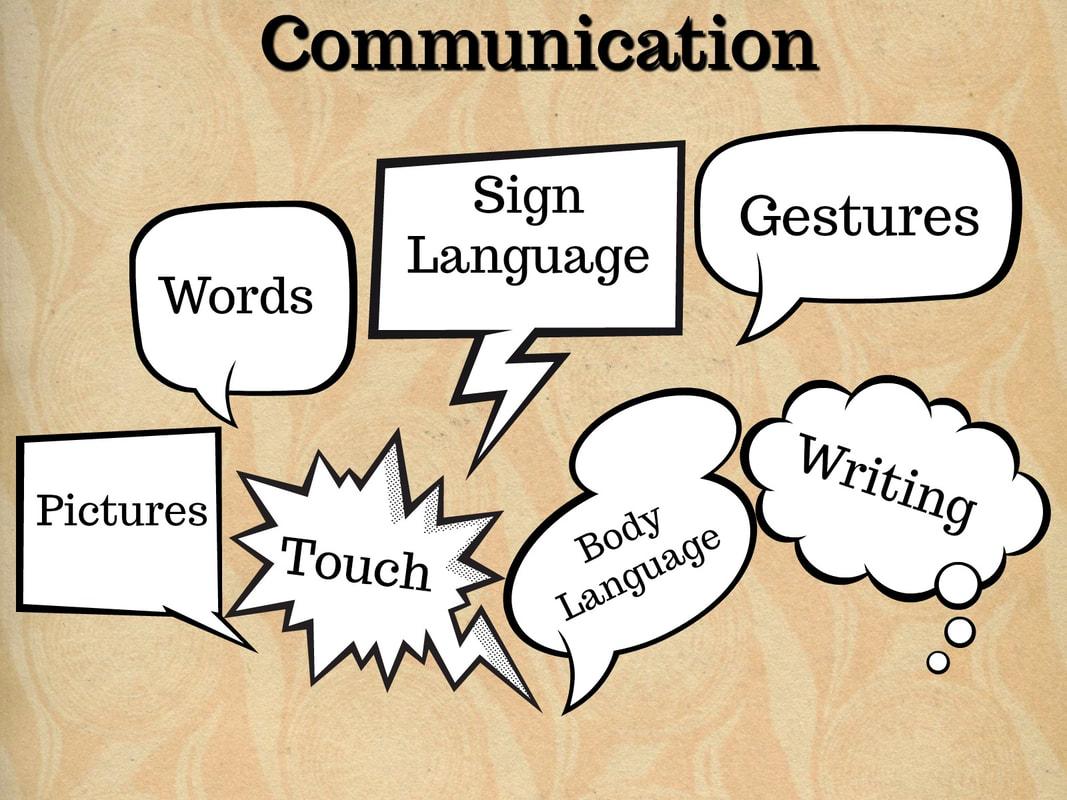
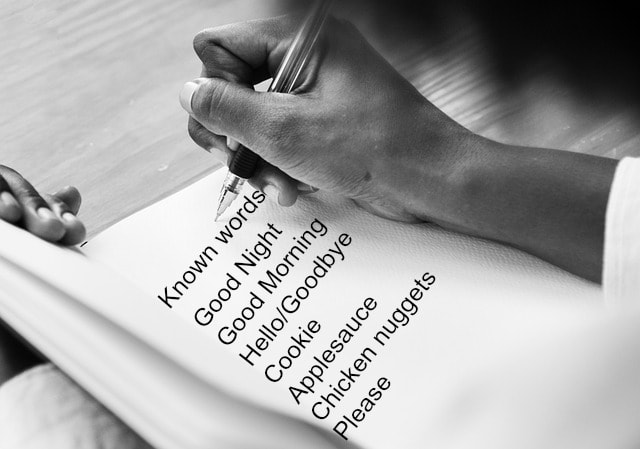
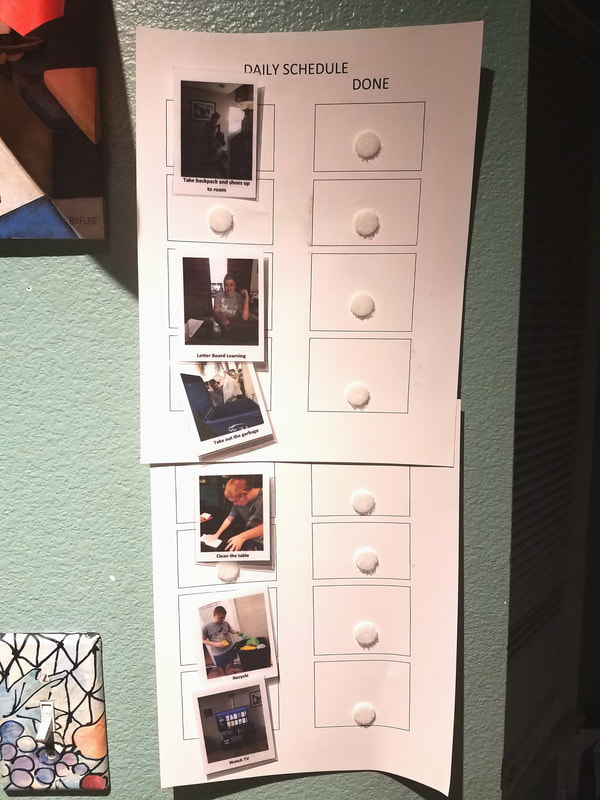
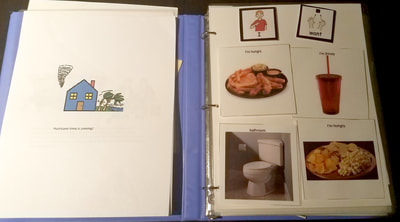

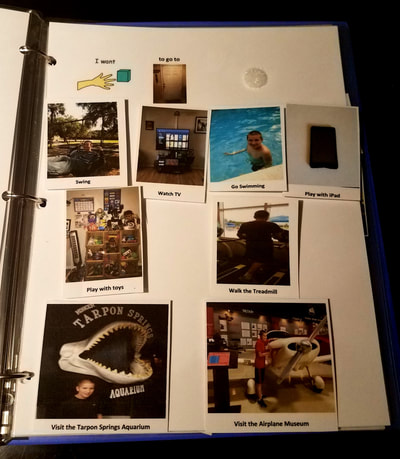
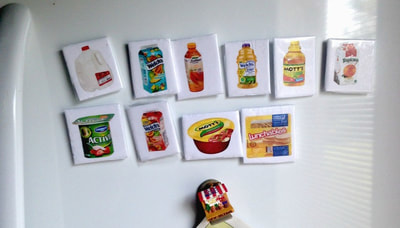
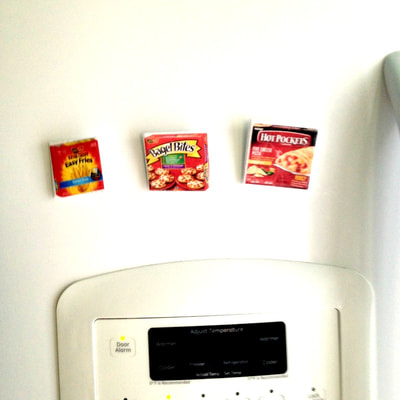
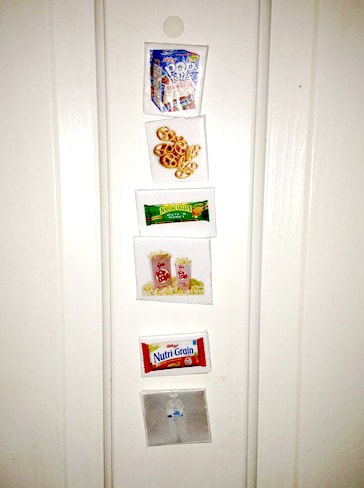
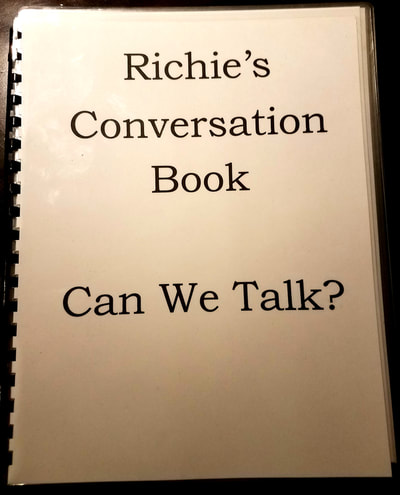
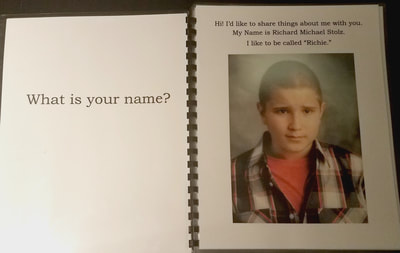
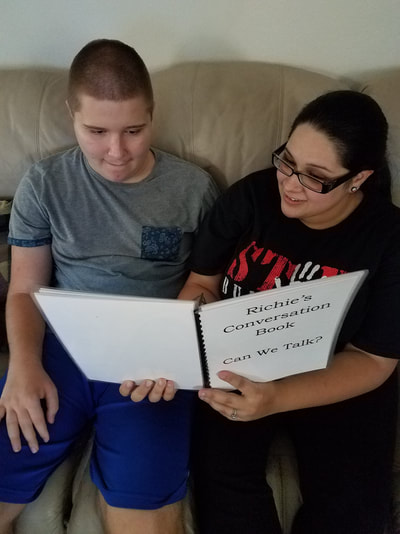
 RSS Feed
RSS Feed